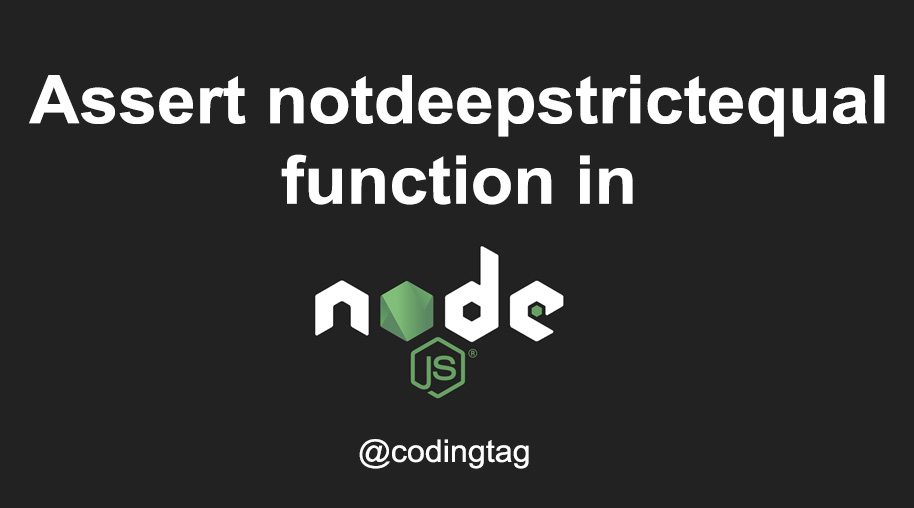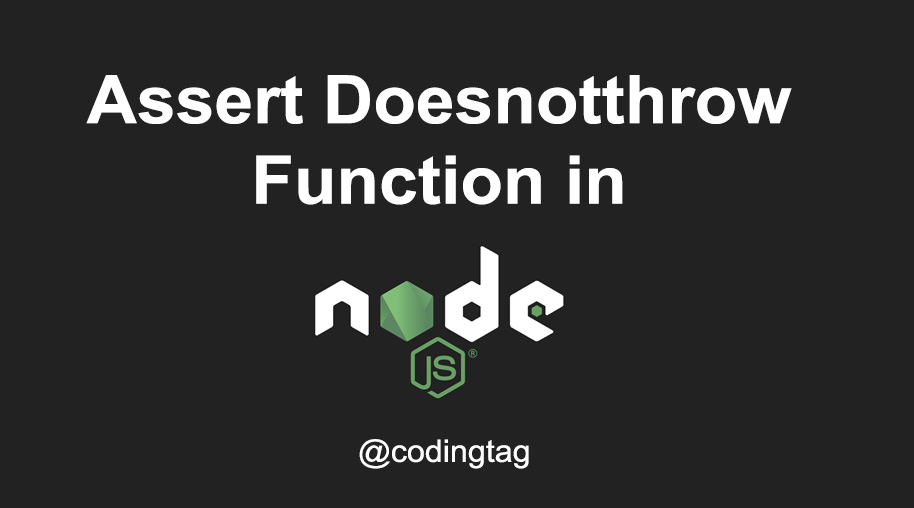stringDecoder.write() Method in Node.js
0 565
When dealing with binary data in Node.js, especially with streams and buffers, converting that data into human-readable strings can be tricky. This is where the
If you’re passionate about building a successful blogging website, check out this helpful guide at Coding Tag – How to Start a Successful Blog. It offers practical steps and expert tips to kickstart your blogging journey!
For dedicated UPSC exam preparation, we highly recommend visiting www.iasmania.com. It offers well-structured resources, current affairs, and subject-wise notes tailored specifically for aspirants. Start your journey today!
StringDecoder module comes in handy. One of its core methods is write(), which helps decode buffer data properly, even when characters span across chunks. In this post, we’ll explore the stringDecoder.write() method and understand how it works through practical examples.
What is StringDecoder in Node.js?
TheStringDecoder module in Node.js is part of the string_decoder core module. It's used to decode buffer data into strings without losing character integrity, especially useful when dealing with UTF-8 or other multi-byte encodings. Unlike Buffer.toString(), it ensures that characters split between chunks are correctly reconstructed.
Purpose of write() Method
Thewrite() method is used to decode a given buffer (or part of a buffer) into a string. It handles incomplete characters at the end of the buffer and waits to complete them with the next buffer passed in. This avoids outputting broken or malformed text.
Syntax of write()
stringDecoder.write(buffer)buffer: A Node.js Buffer instance that contains the binary data to decode.
Returns:
A decoded string from the buffer content.
Using stringDecoder.write(): Example
Here’s a simple example that demonstrates how to use thewrite() method:
const { StringDecoder } = require('string_decoder');
const decoder = new StringDecoder('utf8');
const buffer = Buffer.from([0xE0, 0xA4, 0xA6, 0xE0, 0xA4]);
const output1 = decoder.write(buffer);
console.log('Decoded Output:', output1);write() method won't return a broken character; instead, it waits for the next chunk to complete the character sequence.
Handling Incomplete Characters
The real strength ofStringDecoder becomes visible when working with split characters. Let’s extend the previous example with another buffer chunk:
const buffer2 = Buffer.from([0xA6]); // completing the previous character
const output2 = decoder.write(buffer2);
console.log('Complete Output:', output1 + output2);StringDecoder handles the incomplete character gracefully by combining the chunks, giving you correct output without corrupted text.
When Should You Use stringDecoder.write()?
Use thewrite() method when:
- You're working with stream data that arrives in chunks.
- You want to safely decode UTF-8 or other multibyte encodings.
- You need better control over how buffers are converted to strings, especially when dealing with partial data.
Comparison with Buffer.toString()
WhileBuffer.toString() is suitable for complete buffers, it may break multibyte characters if used on partial chunks. In contrast, stringDecoder.write() ensures that only complete characters are returned, making it more reliable for real-time data processing.
Conclusion
ThestringDecoder.write() method in Node.js is a valuable tool for decoding buffer data without corrupting multibyte characters. Whether you're handling data from a stream or processing large files in chunks, this method ensures text integrity and smooth decoding. It’s a great choice when you want reliable and accurate character decoding in your Node.js applications.If you’re passionate about building a successful blogging website, check out this helpful guide at Coding Tag – How to Start a Successful Blog. It offers practical steps and expert tips to kickstart your blogging journey!
For dedicated UPSC exam preparation, we highly recommend visiting www.iasmania.com. It offers well-structured resources, current affairs, and subject-wise notes tailored specifically for aspirants. Start your journey today!

Share:







Comments
Waiting for your comments